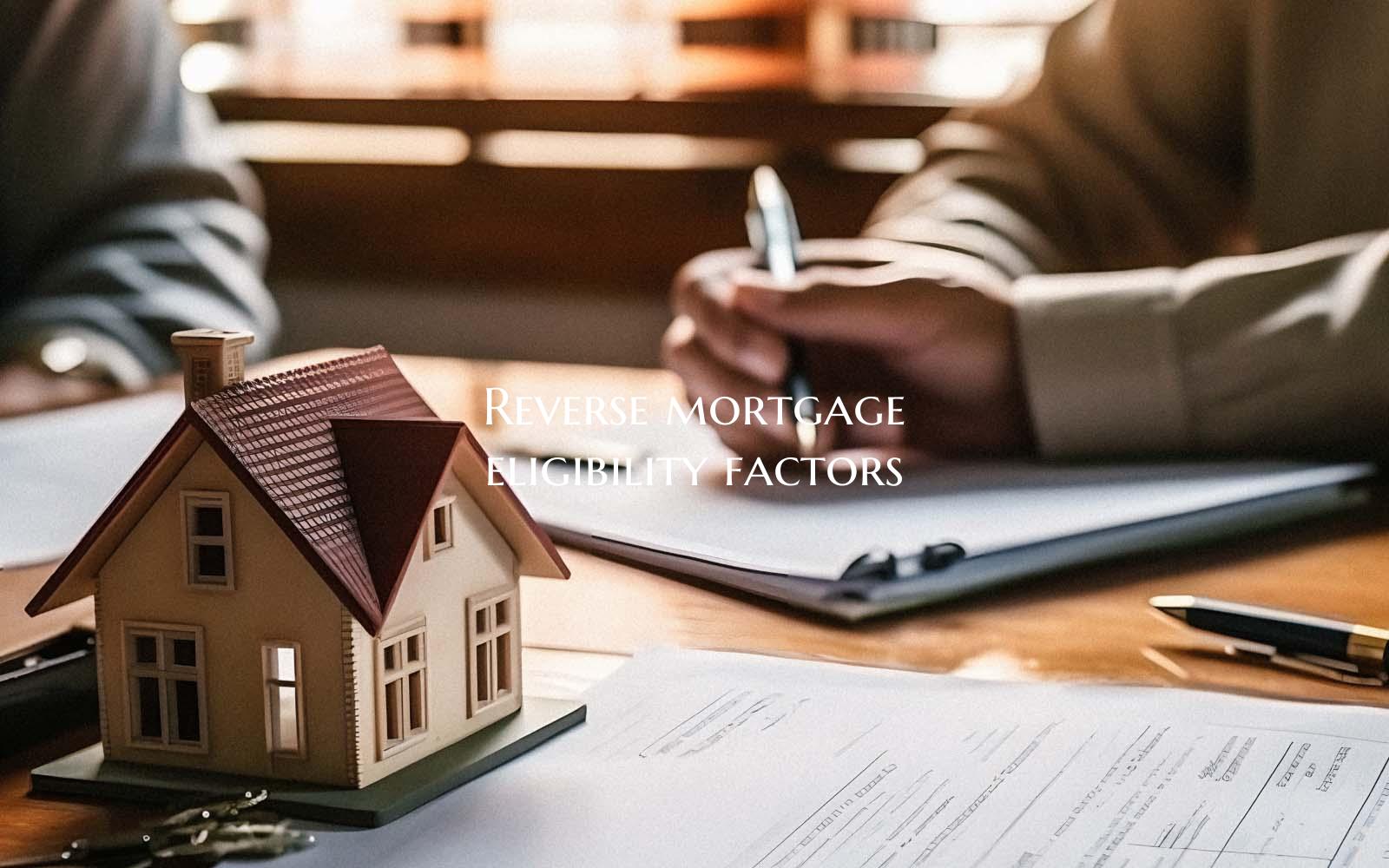Reverse mortgage eligibility factors

A reverse mortgage can be a valuable financial tool for homeowners aged 62 and older who want to access the equity in their homes without having to sell or move out. However, before considering a reverse mortgage, it is essential to understand the key eligibility factors that determine if you qualify for this type of loan.
1. Age Requirement: To be eligible for a reverse mortgage, you must be at least 62 years old. This minimum age requirement is set by the Federal Housing Administration (FHA) to ensure that the loan is used as a retirement planning tool for older homeowners.
2. Homeownership: You must own your home outright or have a significant amount of equity in it to qualify for a reverse mortgage. Typically, lenders require that you have paid off most or all of your traditional mortgage before applying for a reverse mortgage.
3. Occupancy: You must live in the home that you are using as collateral for the reverse mortgage. This is known as the primary residence requirement, and it ensures that the loan is being used to support your living expenses during retirement.
4. Property Type: Most single-family homes, as well as some multi-family properties and condominiums, are eligible for reverse mortgages. However, there are some restrictions on certain types of properties, such as co-ops and vacation homes.
5. Financial Assessment: While credit scores and income requirements are not typically considered for reverse mortgages, lenders will assess your ability to pay property taxes, homeowners insurance, and other ongoing maintenance costs. This financial assessment helps determine if you can meet your financial obligations while still living in the home.
6. Counseling Requirement: Before obtaining a reverse mortgage, you are required to undergo counseling with a HUD-approved counselor. This counseling session is designed to ensure that you fully understand the terms and implications of a reverse mortgage, as well as alternative options that may be available to you.
By taking these key eligibility factors into consideration, you can determine if a reverse mortgage is the right financial decision for your retirement planning needs. It is important to consult with a qualified financial advisor or reverse mortgage specialist to fully understand the implications of this type of loan and how it can benefit your specific financial situation.
